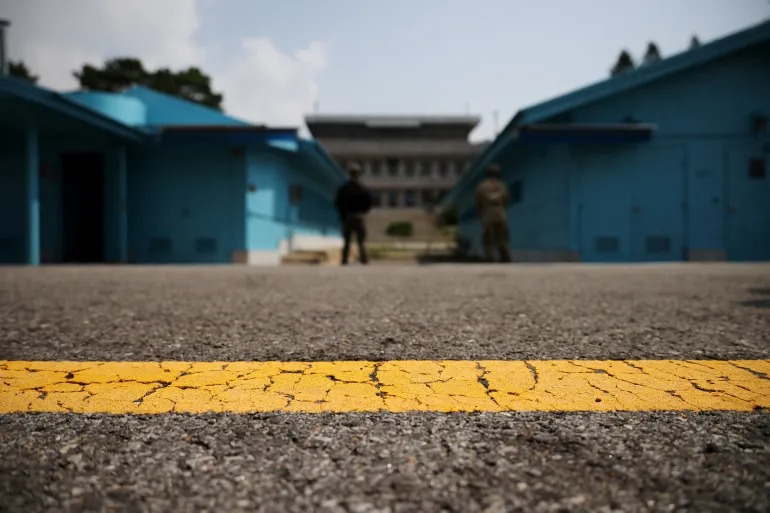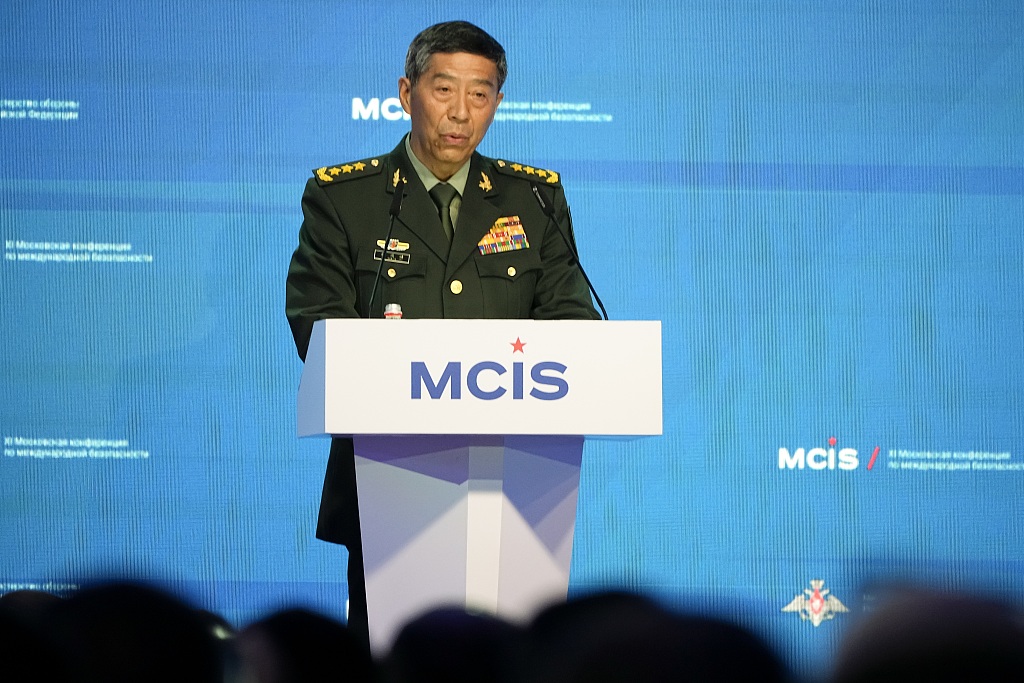In a surprising turn of events, a United States soldier has crossed the heavily fortified border into North Korea, claiming that he sought refuge from racial discrimination and inhuman maltreatment in the US. Travis King, a 23-year-old soldier, slipped away during a tourist tour of the Joint Security Area (JSA) that separates North and South Korea. This bold move has sparked North Korea’s first public statement on the matter, shedding light on the soldier’s motivations and sparking discussions about his intentions.
Seeking Refuge from Discrimination
Travis King’s journey across the border highlights deeply rooted concerns of racial discrimination and maltreatment within the US military. The state news agency KCNA reported that King confessed to crossing the border illegally due to his disillusionment with the unequal American society. His decision to seek refuge in North Korea or a third country underscores his perceived lack of options and the gravity of his allegations.
Complex Legal and Diplomatic Implications
King’s crossing has presented both legal and diplomatic challenges for the involved nations. While the United States and North Korea technically remain at war due to the unresolved Korean War, King’s intentional crossing in civilian attire complicates his classification. The United Nations Command (UNC), responsible for overseeing the armistice, has been involved in discussions regarding this unusual case. As the Pentagon seeks King’s safe return, questions arise about the implications of his actions on diplomatic relations.
Cross-Border Incident Amidst Tense Relations
Travis King’s crossing comes at a time of strained relations between North and South Korea. With diplomatic efforts stalled and North Korean leader Kim Jong Un pushing for increased weapons development, this incident adds another layer of complexity. While the border between the Koreas remains heavily guarded, the relatively porous Joint Security Area allowed King to cross, raising concerns about security and vigilance in the region.
The United States has been grappling with the intricacies of King’s case, given his active-duty status in the army. His crossing, however, has raised doubts about his eligibility as a prisoner of war. While his intentions and motivations are examined, his uncle’s account of racism experienced during military deployment further adds nuance to the situation.
As this unusual incident unfurls, the global community watches with bated breath. The implications for diplomatic relations, the legal standing of King, and the broader issues of racial discrimination within the US military converge in a story that transcends borders and resonates with the quest for justice and equality.
















